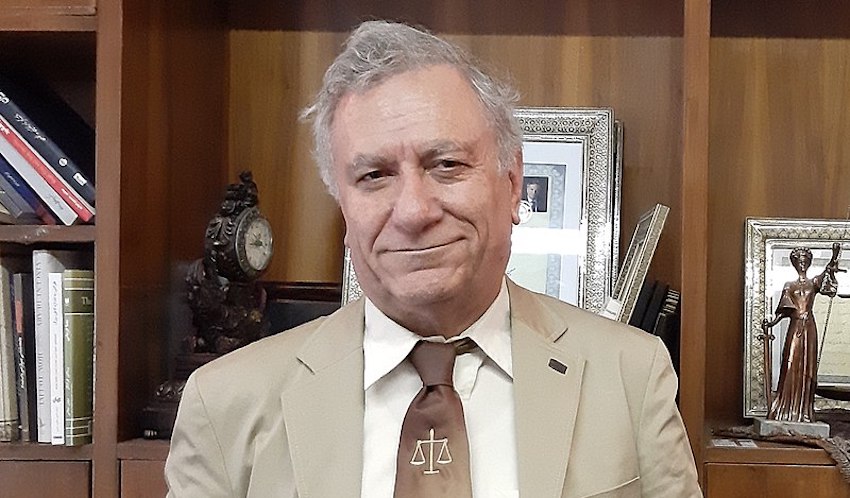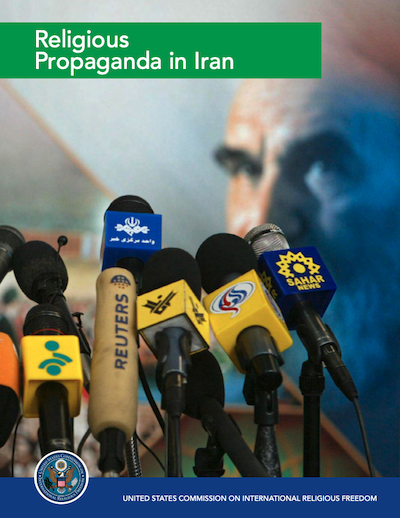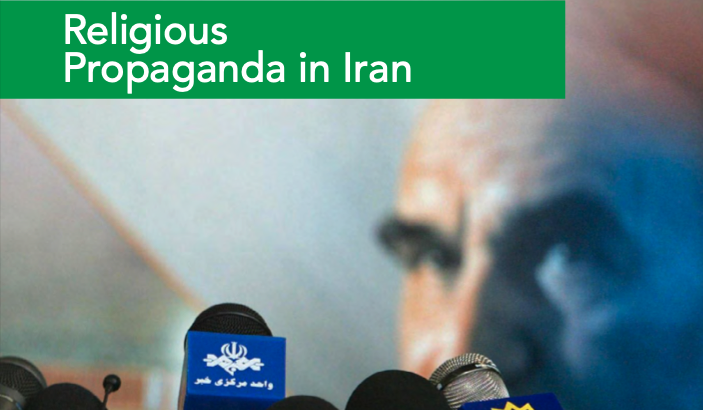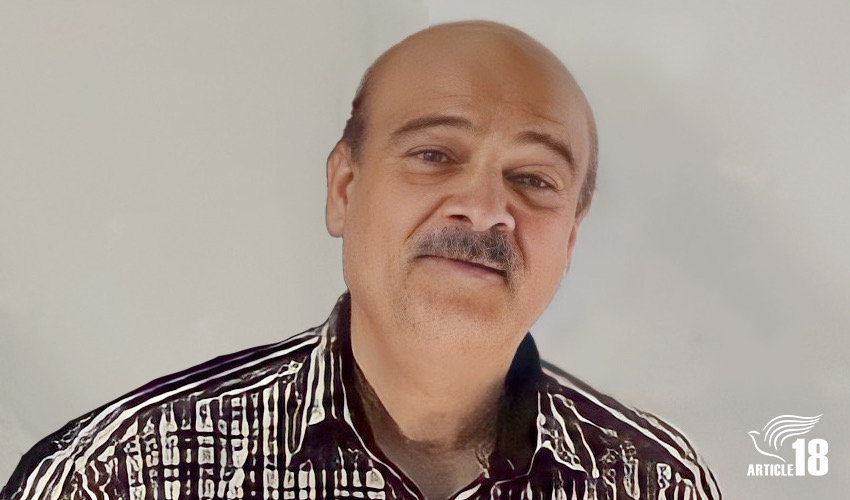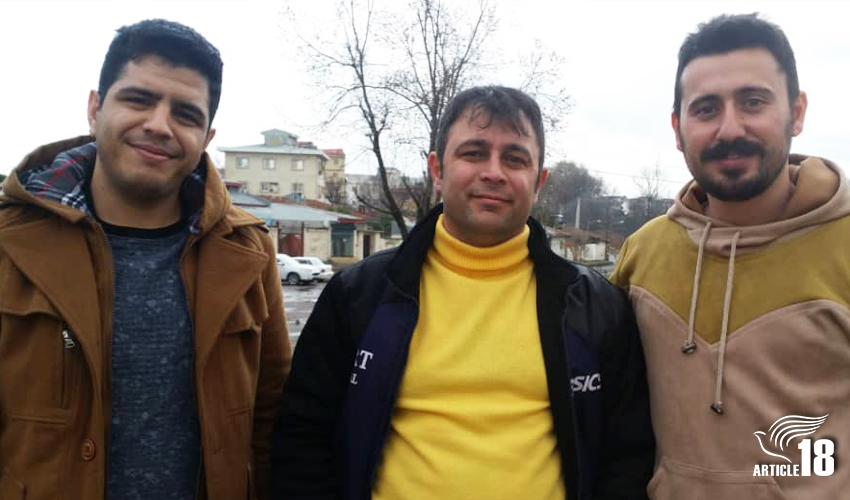
by Steve Dew-Jones | 2 Aug 2022 | News
Mohammad Ali Dadkhah is now in Tehran’s Evin Prison. A lawyer who helped to save a pastor from death row a decade ago is now imprisoned alongside him. Mohammad Ali Dadkhah defended Yousef Nadarkhani against a 2010 death sentence for “apostasy”, of...

by Steve Dew-Jones | 1 Aug 2022 | Reports
Iran’s “misinformation campaign” against religious minorities, including Christian converts, is the focus of a new report by the US Commission on International Religious Freedom. The report, written by Shahin Milani of the US-based Iran Human Rights Documentation...

by Steve Dew-Jones | 1 Aug 2022 | News
Iran’s “misinformation campaign” against religious minorities, including Christian converts, is the focus of a new report by the US Commission on International Religious Freedom. The report, written by Shahin Milani of the US-based Iran Human Rights Documentation...

by Steve Dew-Jones | 19 Jul 2022 | News
A grandfather in his late fifties who has cancer is one of four Christian converts still detained more than three weeks after their arrest at a house-church gathering in a conservative Shia Muslim region of northeast Iran. Gholamreza Keyvanmanesh is being held in...

by Steve Dew-Jones | 11 Jul 2022 | News
Left to right: Ahmad Sarparast, Morteza Mashoodkari, and Ayoob Poor-Rezazadeh. Three house-church members already facing five years in prison for “engaging in propaganda and education of deviant beliefs contrary to the holy Sharia” have today been informed they must...
